In Cameroon
by Daniel and Karen Kroll
from Kumba, Cameroon
[editor's note: The mission in Cameroon is approaching its mobile phone ministry by emphasizing distribution of Gospel materials on the micro-SD memory chips that can be inserted into most Android phones. A generous donor supplied the Christ in Media Institute with a number of blank chips; they were loaded with audio New Testaments in English, Pidgin, French, and Bafut languages, along with a variety of text and video files in those languages, and sent to Cameroon at Christmastime 2015.]
Cameroon's introduction to the Christ in Media Institute
In September of 2015, WELS mission in Cameroon partnered with Kingdom Workers to bring two volunteers to help the Lutheran Mission — Cameroon. The volunteers taught English in the three regions of Cameroon where we have congregations. One of the volunteers, Andi Jasperson, knew Dr. and Mrs. Kuster from her studies at Bethany Lutheran College. Andi brought over a few micro-SD chips with audio New Testaments in English and Pidgin. English is the official language of the regions where we are building our Lutheran Church, but Pidgin is the language that people use at home and at the market.
Before being introduced to this program, we had identified the need to get the Scriptures into the hands of the Cameroon people. Bibles are presently expensive for the people here and our local "Nigerian connection" that the mission had used in the past to purchase inexpensive Bibles, seems to have "dried up". That being said, the high percentage of illiteracy in rural areas makes the written word unusable for most of our people.
In our investigation to meet the needs of our illiterate members, we had considered several possibilities. One was "The Proclaimer," which is a solar powered audio version of the Bible. We found this to be expensive (about $100) and bulky to ship. Even with a donor willing to pay for "The Proclaimer," we had not yet determined that it was the best use of mission money, thinking some other option might also be available. Shortly after learning about "The Proclaimer," we came across the "Audi-Bible" (also solar powered), a much smaller version, but otherwisW similar to "The Proclaimer." It is about the size of a large cell phone. Although less bulky, expense was still prohibitive ($30 plus shipping). When Kingdom Workers showed up with the Christ In Media micro-SD chip option, we were thinking that it would be a good option. Since most Cameroonians have phones, the micro-SD chips seemed to be a great tool to get God's Word into the hands of his people.
It's not just illiteracy that makes the audio Bible a "better fit" for Cameroon. African culture is historically an oral culture. What we envision is that families/friends will sit together and listen to stories, except instead of stories of the ancestors, they will be stories found in God's Word. Those historical accounts in turn become drama opportunities for the children, and talking points for the adults, about who God is and all that he has done for us.
How we are using the micro-SD chips
Although most Cameroonians have phones, as a country we are technologically far behind other African nations. The phones our members have are often basic "knock-offs" and do not have Bluetooth capabilities. As a result, we are distributing micro-SD chips and using Bluetooth less than we originally anticipated. We are encouraging anyone who has Bluetooth capability to use it to "pass it on" to their friends and family. When I say, "distributing" I mean we are selling them at a reduced price; the money from the sales will go into a fund and used for the purchase of more micro-SD chips or other needed supplies. In this way we are making the program sustainable for the future Lutheran Church of Cameroon.
Barriers to the program
We are definitely still working out the "kinks" of this program. One difficulty in ministry here is that our churches are spread out geographically. Physically getting to areas to distribute and educate people how to use them, is an issue. We may have to look at identifying a person in each district to being trained and then to train others on how to use the micro-SD chips.
The other issue presently is that even though most Cameroonians have cell phones, not all do. However, it seems fair to say that there is at least one person in each household that has a phone. We have encouraged those who don't have phones to borrow a friends/family member's.
The way forward
We are praying the Lord blessing this micro-SD program in Cameroon. Although we want to ensure our members first have opportunity to have the micro-SD chips, we have encouraged our members to tell their friends about the program as well. We will surely offer these chips to others in Cameroon. We have a fairly significant Muslim population in Cameroon, and traditional religions (witchcraft/ancestor worship) are very popular (we feel the statistics we have seen regarding the number of Christians in Cameroon is too high to be accurate. Spreading the Gospel is of the utmost importance.
To ensure that cost is not a hindrance, we may also consider lowering the price. Although the present cost of 2000 cfa (just over $3) is not significant in an urban setting, it may be in rural settings. This is still up for discussion.
In closing, we are very grateful to the Christ in Media Institute for producing the micro-SD chips. We pray that we can continue our partnership in the spreading of the Gospel.
President Mathius of the Lutheran Church of Cameroon speaks about the value of micro-SD chip outreach in his country. To repeat video, click play button again.
In India
by Kalyan Gallipolli
from Rajahmundry, India
We all must admit that in the past decade mobile technology has changed the world of communications. Literally, with the evolution of as many mobile users as the number of humans on this earth today, the need to see the mobile device as a means for reaching out has become prominent. I believe that this is a gift of God and that He wants us to put this handy new technology to good use for His glory.
I am happy to tell you, that since March 2014 I have been involved in using this technology in our province in an effort to reach people with materials that bring the Gospel of forgiveness, life and salvation in Christ Jesus.
I would like to share one incident. Not long ago, a gentleman along with his family has come to our church for Sunday worship service. Since it was their first visit, after the service I asked him how he came to know about our church. And he said, "through the Wi-Fi hotspot at the nearby bus stop." Wow! I was really thrilled to see the fruit.
This gentleman is a Medical Representative. He has moved with his family to our city recently and was looking for a church. One day when he was standing at a bus stop near to our church he happened to get connected to our Wi-Fi hotspot and he downloaded some Gospel material. Along with it he also got our church flyer with address. A week later on Sunday, he visited our church. Ever since they kept attending the church and eventually after some instruction they have become our members.
The Wi-Fi hotspot I have been talking about is the open hotspot made available by the RENEW OFFLINE DISTRIBUTION system, called LIGHTSTREAM. It is a portable battery operated device which uses three methods (Wi-Fi, Bluetooth and direct Micro SD chip copying) to transfer any Gospel material like video, audio and text files stored on the device to phones that come into contact with it. We have been using this device at public places to reach out and have found it to be useful in our context.
In Peru
by Ted Kuster
from Lima, Peru
Perhaps we had something of a first event here in Lima. About 30 people came out to the house where we're staying this Sunday morning and we put together an informal service. We did not have hymn books or Bibles but everybody had a cell phone. Within 10 minutes the hymns and the Bible texts had been sent to everyone present. The group was able to read the texts and sing the hymns using their cell phones. It worked out very nicely.
AMADOS: AMÈMONOS
Amados: amèmonos unos a otros,
porque el amor es de Dios y todo el que ama
es nacido de Dios y conoce a Dios;
el que no ama no conoce a Dios,
porque Dios es amor.
Amados, amèmonos unos a otros.
The hymns are from Culto Cristiano, publicaciones el escudo, 1964.
Translate this page into your language
Return to original language with "show original" button at top left.
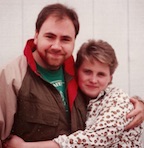
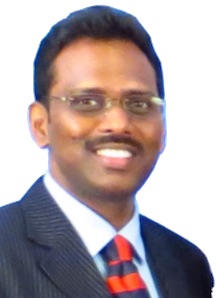
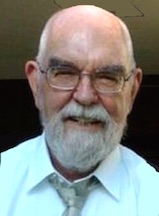
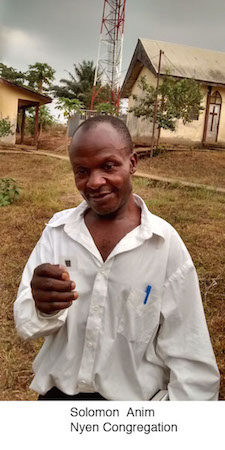
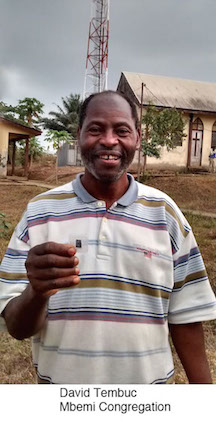

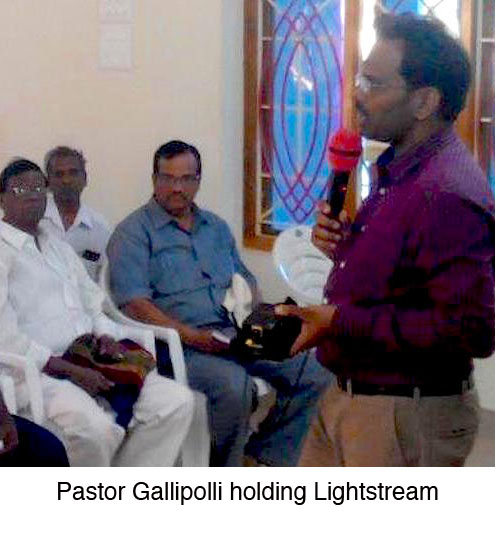
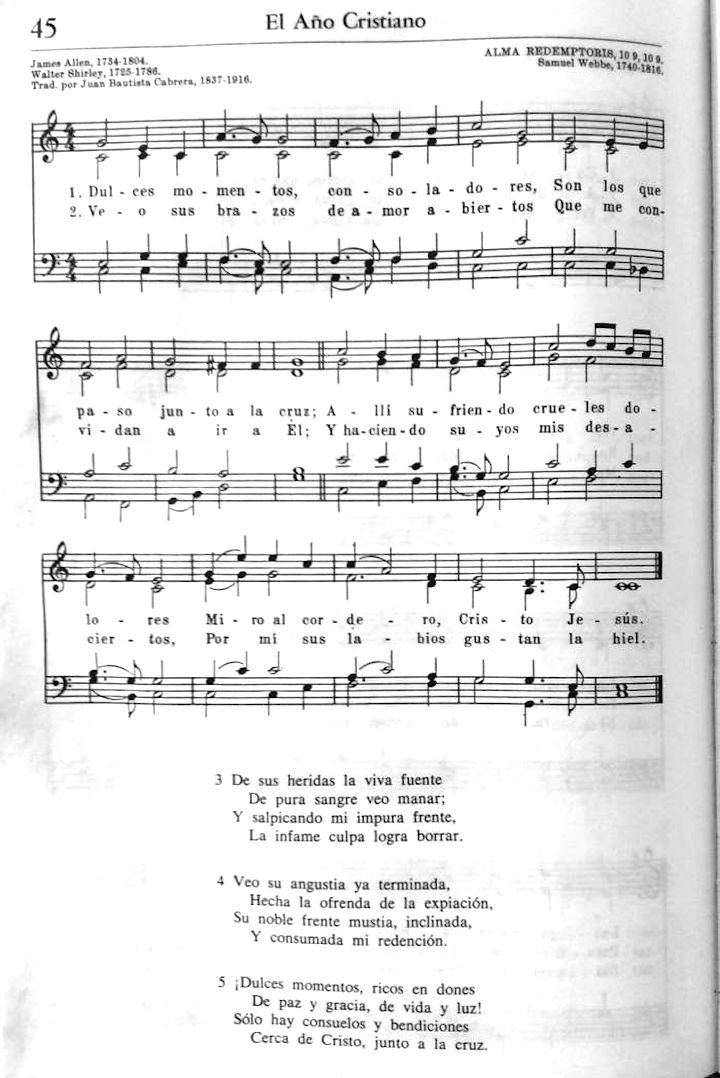
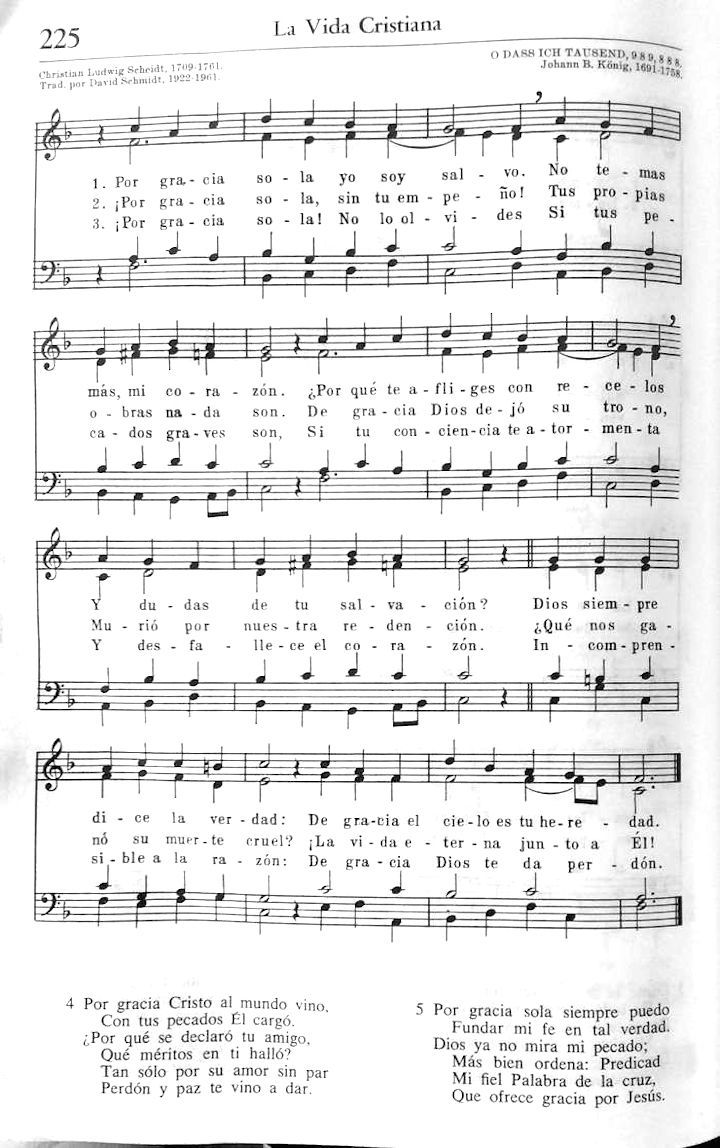
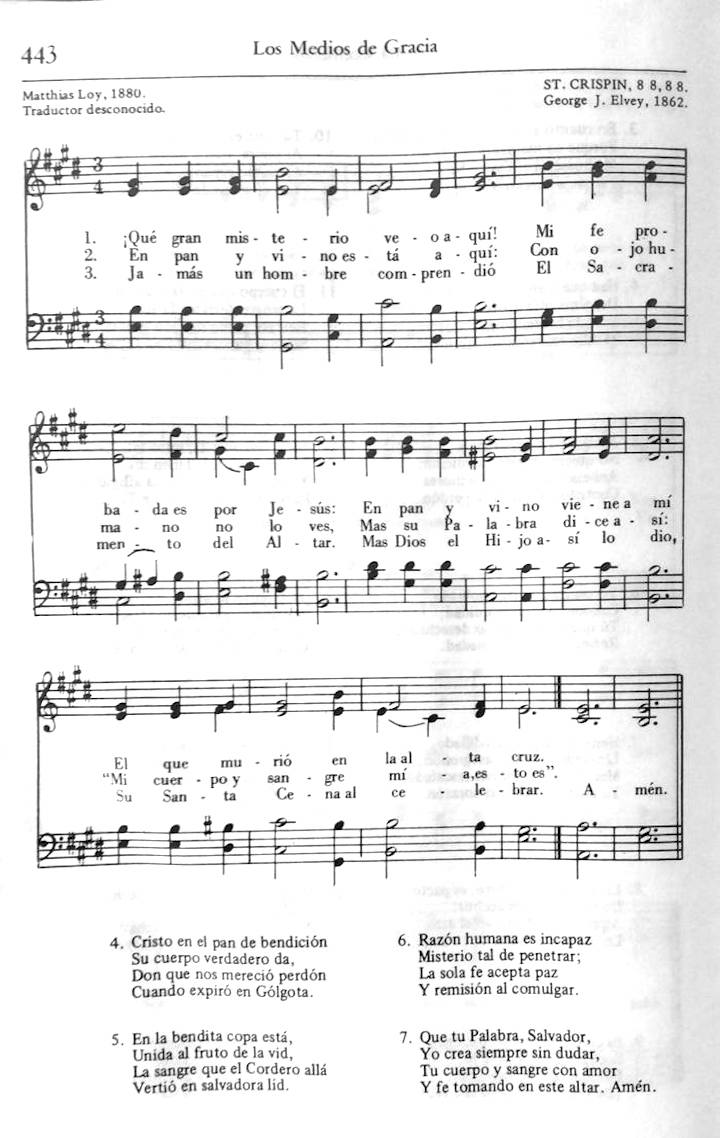
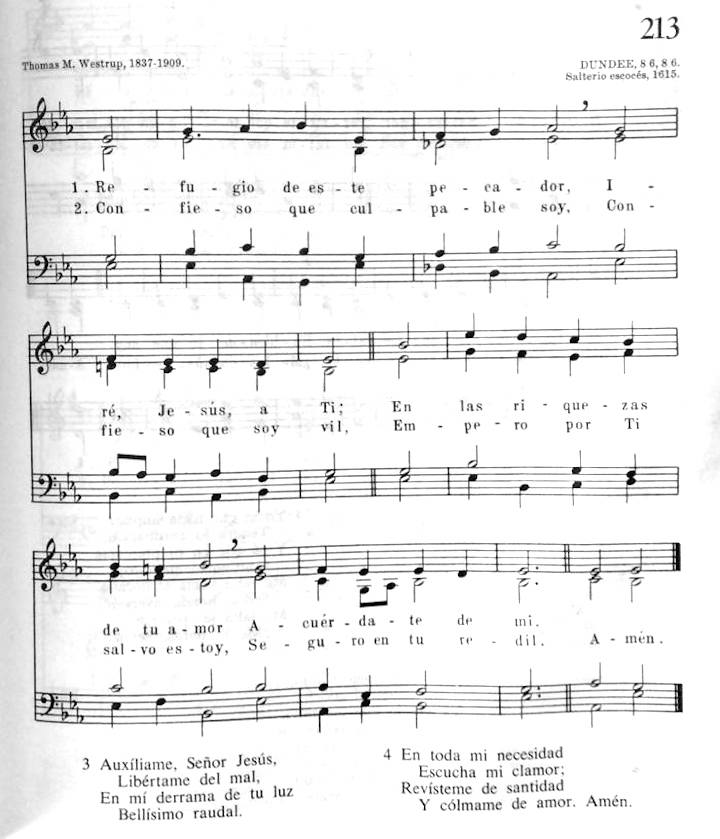
Discussion
http://www.concordiatechnology.org/blog/2016/02/why-i-use-an-ipad-during-worship
Some comments from the users this month:
o Wow this is powerful. When I felt like giving up every day, I wake up to one of the teachings and I get encouraged....
o I belong to a Muslim community, I agree Jesus is real God.
o I am new in this walk of born again and I want to learn more about Jesus…
o Please include me in your prayers, for I have decided to take risks of faith this month…
o This is such a blessing as it is helping me to live by faith and believe everything is possible with God….
What i like about the micro-learning on a daily basis is that the cell phone becomes a pocket trigger that helps the person develop a daily habit of reading and praying.
There are two 40 days series: the DNA of Discipleship and the 5 Verbs of Learning
Thanks for letting me share this.
Jim Klaas
jhklaas@gmail.com
http://www.mobileministryforum.org/5-ways-to-use-mobminresources-org?utm_source=MMF+3%2F2016&utm_campaign=MMF+Mar+31&utm_medium=email